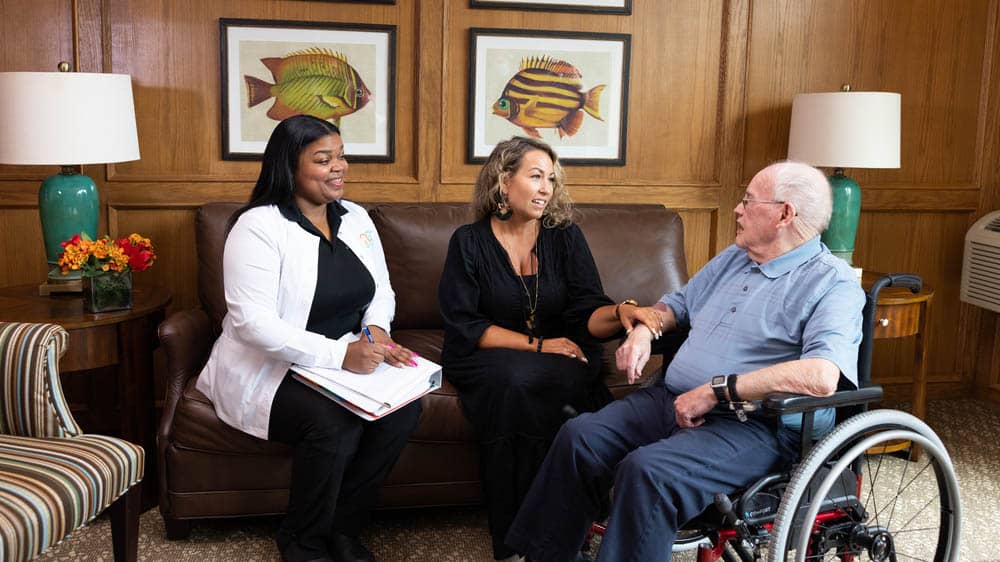

Meal Prepping for Aging Parents
Fitness enthusiasts may have popularized “meal prep” on social media in the form of visually appealing images, but meal prep is not a new idea. Preparing a week’s worth of meals in advance may sound daunting, but in the long run, the practice saves time and allows you to stay on top of your nutrition.
And if you are an adult child caregiving for aging parents, meal prepping gives you peace of mind that your loved ones will get enough nutrients.
What causes decreased appetite when there’s no health problem?
My mom is in her 60s and lives an active lifestyle. When she visited me for an extended period, I noticed that she was eating very little — she might have coffee and toast for breakfast, and then eat tiny portions at dinner. I worried about her skipping lunch (or eating one meal per day sometimes); she explained how the body does not need as many calories as we age. “It’s also hard to cook for one person,” Mom said. “Don’t worry — I can eat whatever food is in the pantry if I am hungry.”
Her response sounded familiar — when an older family member skips a meal, I often hear:
- “I am not hungry, and I need to lose some weight.”
- “I can get takeout any time. Cooking for one person is wasteful.”
- “It’s natural — as you grow older, you have less of an appetite.”
While my mom is perfectly healthy, missing meals can lead to malnutrition and cause health problems later. I kept thinking, “What can I do so she would eat regularly, not sporadically?”
How can you increase an elderly loved one’s appetite?
“Mom, do me a favor — I always have an extra serving after I pack lunch and dinner for myself and my husband — would you split that serving into two and eat them for your lunch and dinner?” I asked. “It’d be nice also if you could teach me your recipes.”
I grew up thinking my mom was a great cook, so we started meal prepping every weekend — cooking and packing food in microwave-safe containers with labels detailing what’s inside and for which day. A month into our new routine, I got some ideas for better success:
-
Develop a plan that incorporates your loved one’s food preferences.
Knowing the food preferences of your loved ones and incorporating what they like into meals will increase the chance of them actually eating the food. You will get an idea of how to supplement or replace an ingredient to make a meal more nutritious. - Introduce new recipes to add excitement and anticipation.
Instead of having the same dish five times a week every week, add a new recipe that your loved one has not tried. For example, Dad likes steak and potatoes — use steak and potatoes for a Korean mixed-rice dish called “bibimbap” and a potato side dish! - Undercook the food but label and store it properly to preserve nutrition and flavor.
Overcooked or mushy food is not appetizing. Because your meals will be reheated in the microwave later, you may slightly undercook the food during your meal prep. Just remember to store the dishes properly and reheat them thoroughly when it is time to eat. - Eat together as much as possible.
When possible, eat with your loved one for company and socialization. Food tastes better when you eat together!







